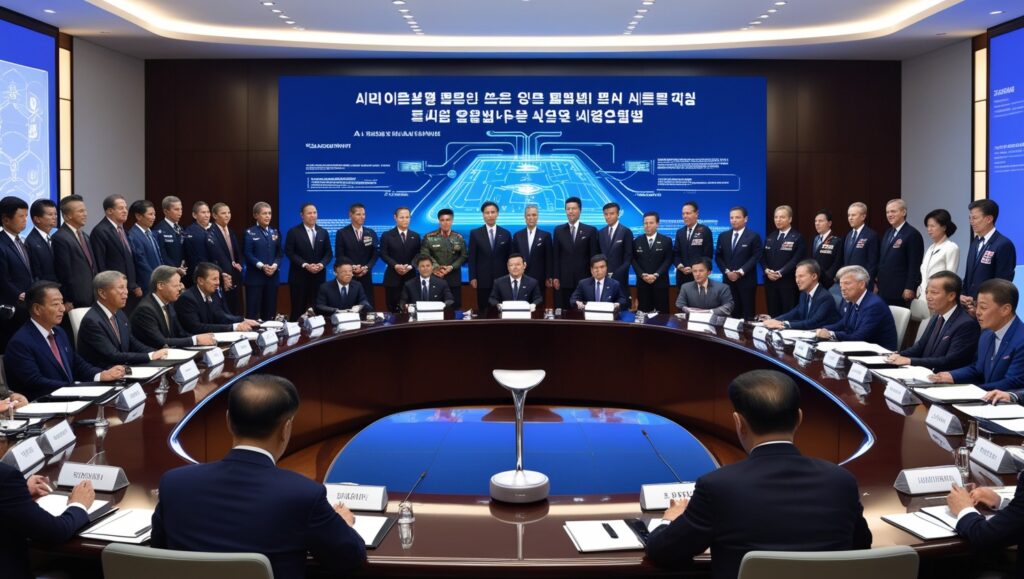A “blueprint for action” governing the responsible use of artificial intelligence (AI) in the military was unveiled on Tuesday at a global summit in South Korea. It contains more actionable recommendations than a document that was similar to it last year, but it is still non-binding on the law.
How many of the 96 countries that sent government delegates to the summit—including China and the United States—are endorsing the document was not immediately apparent.
The second summit of its kind, Responsible AI in the Military Domain (REAIM) in Seoul, comes after the inaugural one in Amsterdam last year. About sixty countries at the time supported a mild “call to action” that contained no legal commitment.
This year’s “blueprint” was more action-oriented, according to government representatives who spoke at a roundtable on Tuesday.
This is in line with the proliferation of AI-enabled drones in Ukraine and the advancements in talks regarding the risk of AI in the military.
Dutch Defense Minister Ruben Brekelmans told Reuters, “We are taking more concrete steps.” “Last year…was more about creating shared understanding, now we are getting more towards action.”
According to him, this includes outlining the kinds of risk assessments that ought to be conducted, crucial circumstances like human control, and the steps that can be taken to foster confidence in order to manage those risks.
The document included additional details, such as the necessity of preventing terrorist organizations and other actors from using AI to spread WMD and the significance of preserving human control and involvement in the use of nuclear weapons.
According to South Korean officials, the document largely restates ideas from other sources, including the U.S. government’s declaration on the responsible use of artificial intelligence in the military, which was released last year.
However, the goal of the Seoul summit, which is being co-hosted by the UK, Singapore, Kenya, the Netherlands, and other countries, is to guarantee that continuing multi-stakeholder talks are not controlled by one country or organization.
Officials stated that talks are still ongoing regarding the location and schedule of the next summit.








